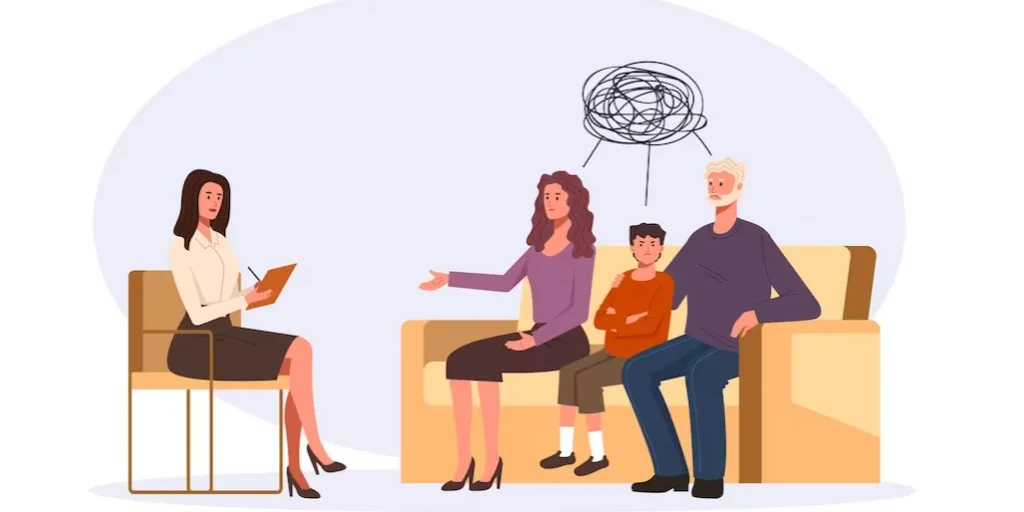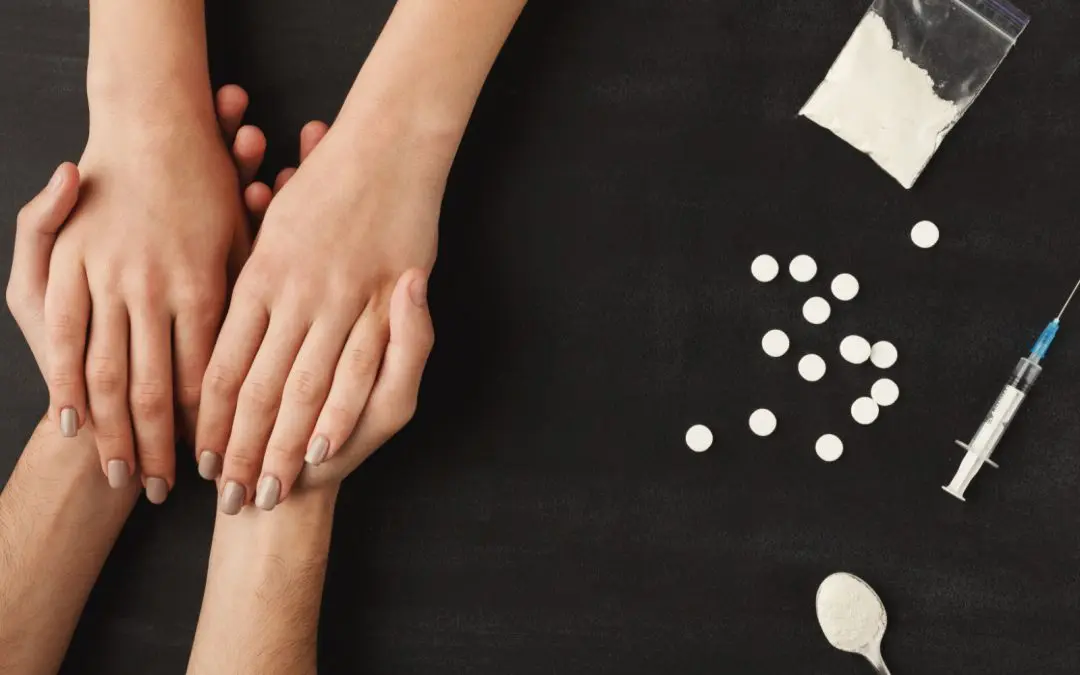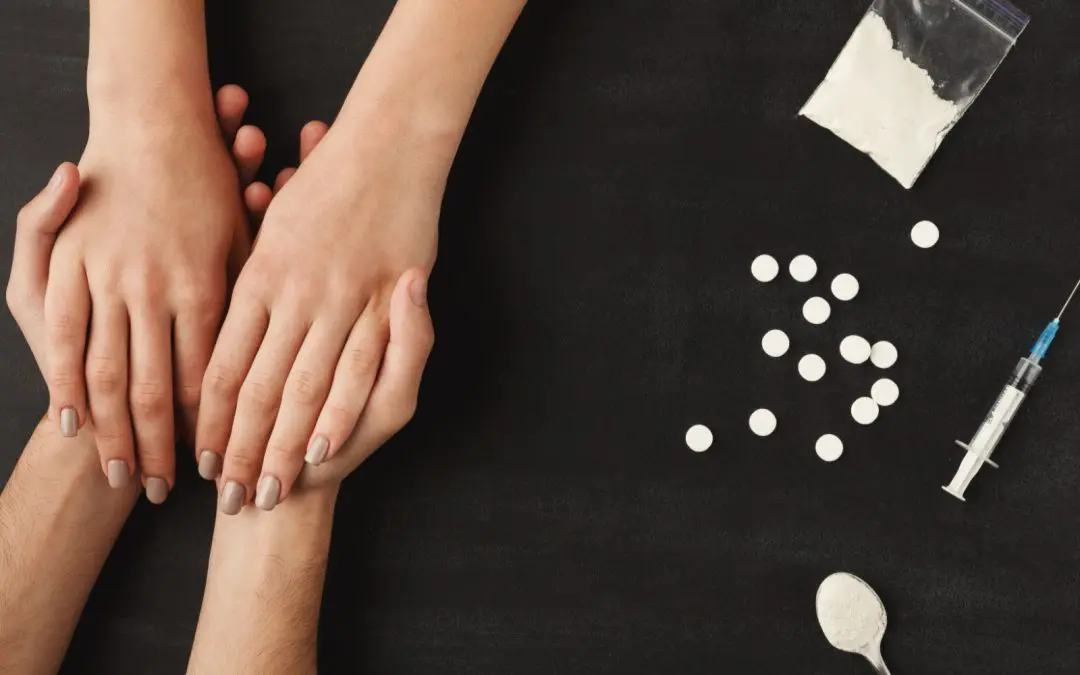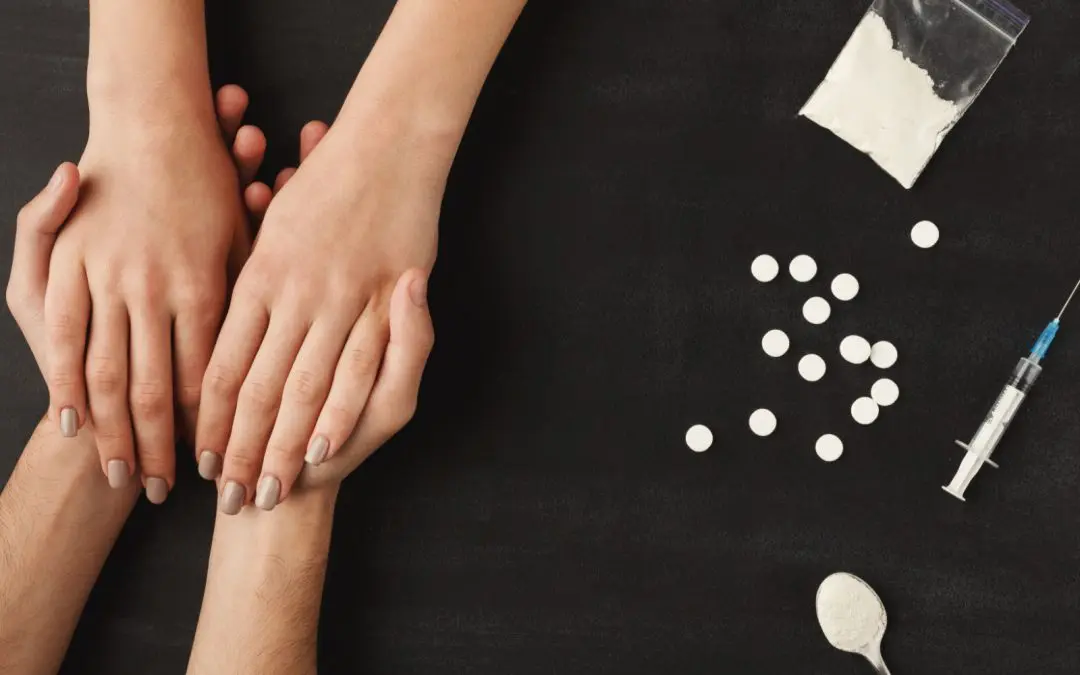24/7 Helpline:
(866) 899-221924/7 Helpline:
(866) 899-2219
Learn more about Drug Detox centers in Sturgeon Lake

Other Insurance Options

Covered California

Highmark

Kaiser Permanente
Beacon

ComPsych

Magellan

Evernorth

Ambetter

Coventry Health Care

American Behavioral

Carleon

Group Health Incorporated

Anthem

CareSource

EmblemHealth

UMR

Choice Care Network

Multiplan

MHNNet Behavioral Health

Sutter



Meadow Creek
Meridian Meadow Creek is a dual diagnosis drug and alcohol rehab center located in Pine City, MN. Th...

Reach Behavioral Health
Reach Behavioral Health is a public rehab located in Brook Park, Ohio. Reach Behavioral Health speci...




































































































Mille Lacs Band of Ojibwe – Aazhoomog Community Center
Mille Lacs Band Aazhoomog Clinic is a public rehab located in Sandstone, MN. Mille Lacs Band Aazhoom...

Empower Recovery Services
Empower Recovery Services is a private rehab located in Pine City, Minnesota. Empower Recovery Servi...

Options for Families and Youth
Options for Families and Youth is a private rehab located in Brook Park, Ohio. Options for Families ...

The Ed Keating Center – Jean Marie House
The Ed Keating Center is a nonprofit substance abuse organization that was founded in 1998. Jean Mar...

Mental Health and Substance Abuse Association
Mental Health and Substance Abuse Association is a private rehab located in Rock Creek, Ohio. Mental...

















































